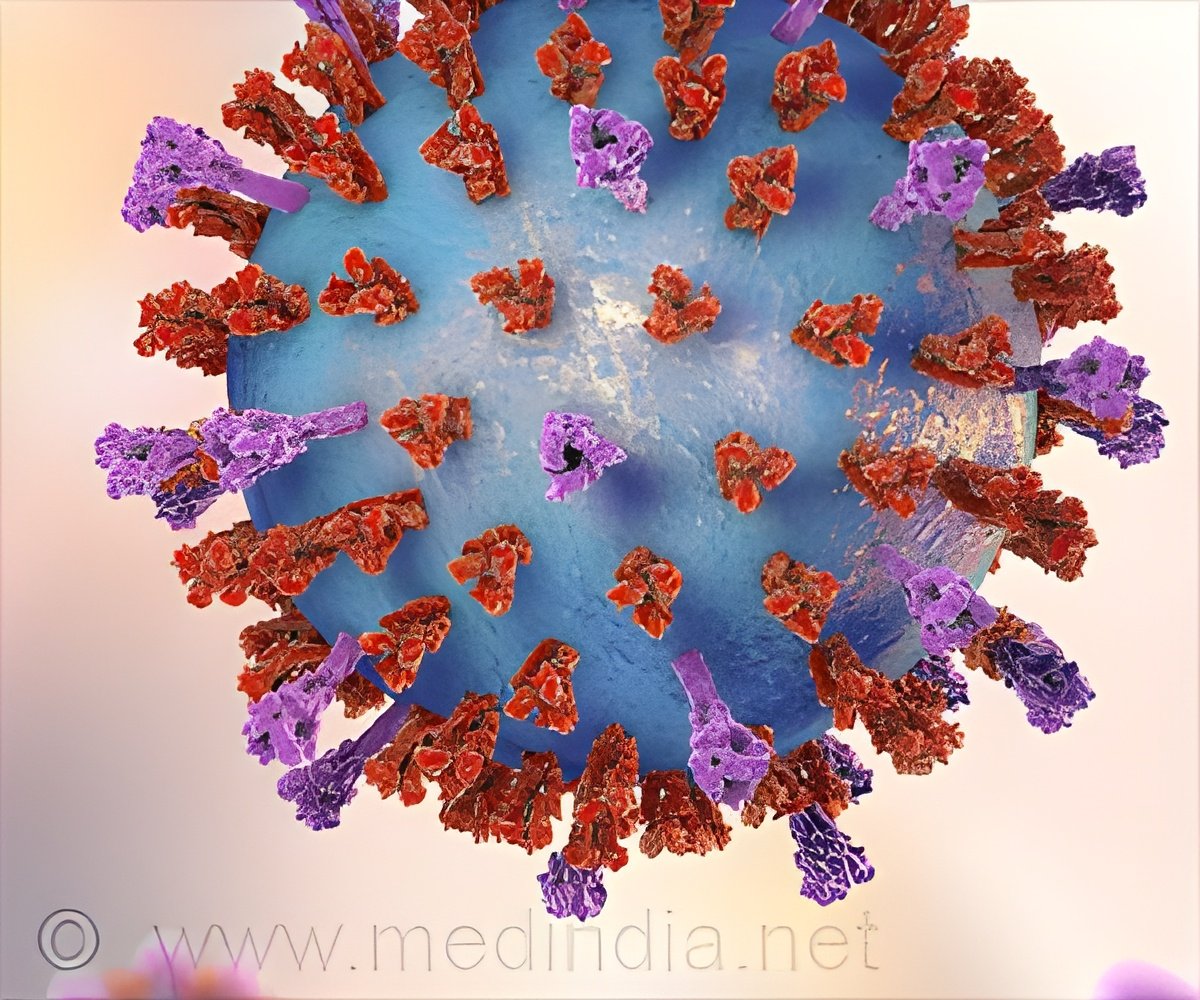
‘Scientists are trying hard to identify how omicron variant underwent many mutations in a short span of time.’
Read More..Tweet it Now
Moyo, director for the Botswana Harvard HIV Reference Laboratory and a research fellow at Harvard T.H. Chan School of Public Health, said that viruses don’t accumulate mutations in a single step.Read More..
“We are still trying to understand how so many mutations arose for omicron in a short space of time,” he said. “If you look at the previous lineages, if you look at alpha, if you look at beta, you can see that the mutations accumulated over time.”
One of the theories is that it developed in an immuno-compromised person. Moyo cautioned that there is no evidence for this. Another hypothesis is whether it could have been transferred from people into an animal host.
When Moyo first sequenced the sample, taken on Nov. 11 from foreign diplomats who had traveled together to Botswana, the variant it most closely resembled was B.1.1.263. That variant is known as the U.A.E lineage and was first detected in early April 2020.
When he looked more closely at B.1.1.263 he saw that strain had less mutations and ruled out what he was seeing as being the same.
Advertisement
With omicron’s sheer number of changes, Moyo initially thought this would be a weak virus, he said. Instead, it seemed to be able to replicate quickly and evade parts of the immune system, causing a higher risk of reinfection.
Advertisement
Moyo said he was hopeful that as the data poured in, people would go back to their freezers and pull out old samples. Some scientists who have already done that found that the Omicron lineage had been circulating in October.
One big question that scientists are trying to answer is how effective vaccines would be against the variant. The answer could be obtained in weeks, thanks in part to Moyo’s fast response and transparency in sharing his findings.
Moyo told Bloomberg that he was enjoying his contribution to the discovery and how it might have averted several deaths. But it also made him sad to see countries closing their borders and a number of people tweeting and saying scientists had closed Christmas and Moyo believes that’s not how scientists should be rewarded.
Source-Medindia









